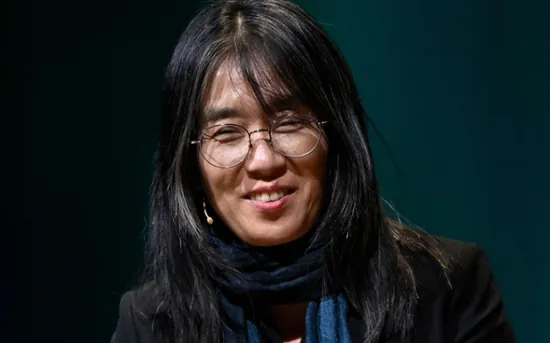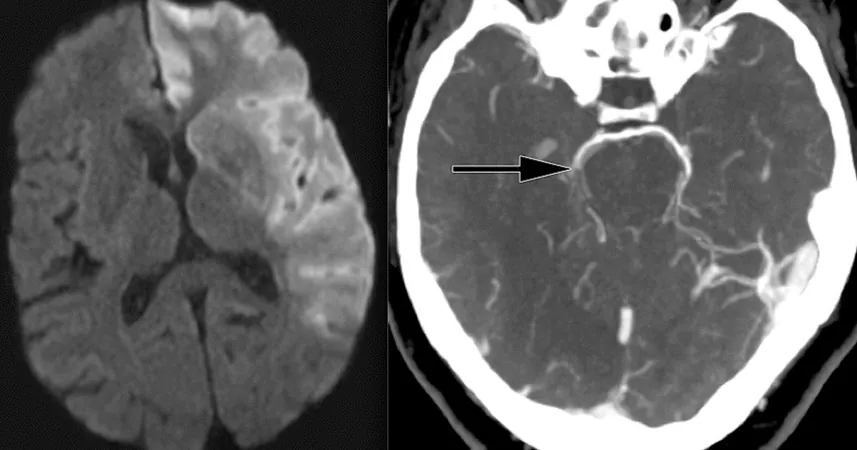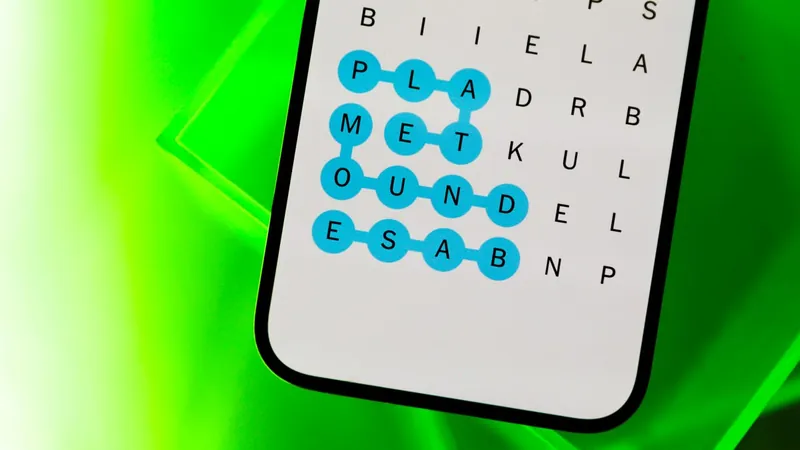
Nobel Laureate Han Kang Commends Courage of South Koreans Amid Political Turmoil
2024-12-13
Author: John Tan
Introduction
In a remarkable expression of optimism during a time of crisis, Han Kang, the acclaimed Nobel Prize winner in literature for this year, downplayed the severity of South Korea's recent political upheaval stemming from President Yoon Suk Yeol's abrupt declaration of martial law. During the prestigious Nobel Night event held at Stockholm's Royal Dramatic Theatre, Han emphasized the 'incredible courage and sincerity' exhibited by South Korean citizens in the face of adversity.
Background
The author of the profoundly impactful novel *Human Acts*, which addresses the haunting narratives of survivors and victims from the 1980 pro-democracy Gwangju uprising, shared her thoughts shortly after leaving South Korea on December 5, just days following the controversial martial law announcement. This move was part of her journey to receive the Nobel Prize, but it also placed her under the weight of troubling circumstances back home.
Reflections on Departure
Reflecting on her departure during such a tumultuous period, Han noted that she was inspired by the swift and passionate response from her fellow citizens. 'I have been deeply moved by the sincerity and courage shown by the citizens in response to this event,' she stated. 'Because of this, I don't think of the situation as entirely awful.' Her comments are a counterpoint to the often disheartening narratives emerging from the crisis, suggesting there is hope amidst the chaos.
Public Consciousness
During a press conference that preceded the Nobel awards, Han elaborated that many individuals from her generation, and those who lived through the Gwangju uprising, have taken to the streets to voice their concerns. 'I believe everyone acted with both concern and a sense of urgency, knowing how much worse the situation could get if left unchecked,' she passionately communicated.
Impact of Her Work
When queried about the impact of her previous work on public consciousness, Han was modest, stating, 'I may have helped younger generations find a path to understanding Gwangju to some extent, but saying that would be an exaggeration.' However, she expressed deep appreciation after seeing photos of individuals reading *Human Acts* amidst the backdrop of protests, a sight that profoundly touched her.
Conclusion
As South Korea grapples with this critical juncture, Han Kang's reflections serve as both a testament to the resilience of its people and a reminder that even during dark times, acts of bravery and solidarity can shine through. With the whole world watching, South Korea stands at a crossroads where citizens are asserting their voices, compelled by historical memories and a hope for a better future.




 Brasil (PT)
Brasil (PT)
 Canada (EN)
Canada (EN)
 Chile (ES)
Chile (ES)
 España (ES)
España (ES)
 France (FR)
France (FR)
 Hong Kong (EN)
Hong Kong (EN)
 Italia (IT)
Italia (IT)
 日本 (JA)
日本 (JA)
 Magyarország (HU)
Magyarország (HU)
 Norge (NO)
Norge (NO)
 Polska (PL)
Polska (PL)
 Schweiz (DE)
Schweiz (DE)
 Singapore (EN)
Singapore (EN)
 Sverige (SV)
Sverige (SV)
 Suomi (FI)
Suomi (FI)
 Türkiye (TR)
Türkiye (TR)